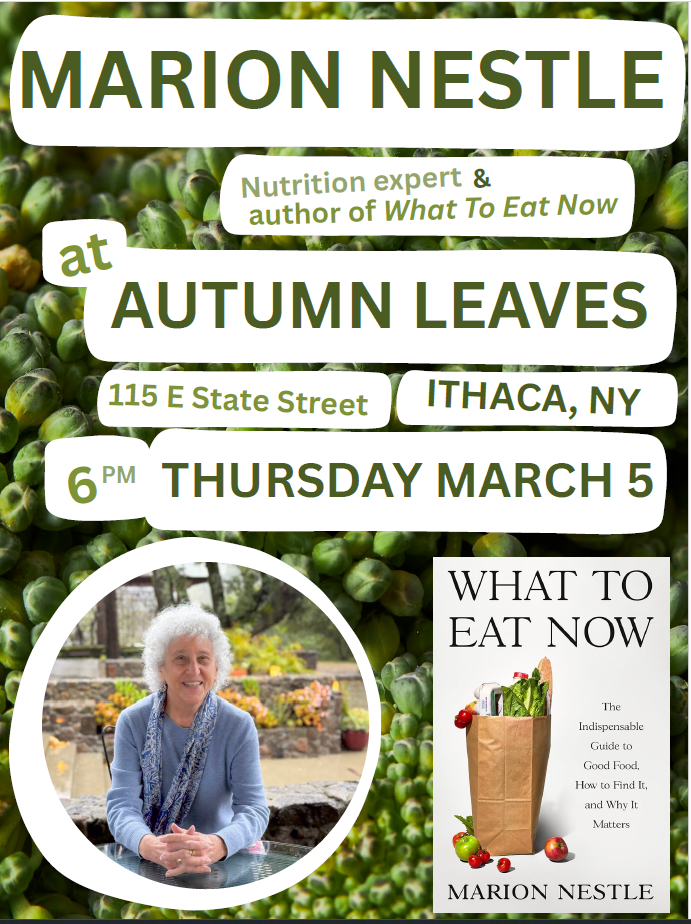A ban on marketing food to kids?
Consumers International and the International Obesity Task Force have just proposed a ban on global marketing of food to children that goes much further than the voluntary promises of food product companies like Kraft, Kellogg, and PepsiCo. The proposal calls for:
- No radio or TV advertising of junk foods (including beverages) from 6 a.m. to 9 p.m.
- No marketing of junk foods on social-networking Web sites and other forms of new media.
- No gifts and toys to promote junk foods.
- No use of celebrities to market junk foods.
- No use of cartoon characters to market junk foods.
Why are they doing this? Because voluntary industry efforts are not working. I wonder how far they will get with this thoughtful and hard-hitting proposal.


